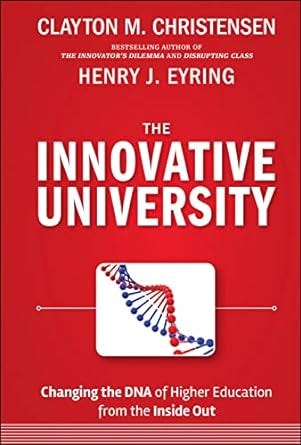Earlier this week at Current, John Fea commented on the commencement ceremonies at Liberty University, where the featured speaker was Republican politician Tim Scott. That event — and how it was presented on social media — reminded John that Liberty
was founded as a culture war institution. It exists, and always has, at the unhealthy intersection of evangelical faith and Republican politics. So it should not surprise us that the Standing for Freedom Center, the organization responsible for promoting Liberty’s Christian Right mission, used the university’s 2024 graduation ceremony to score points in the culture war. At Liberty, that’s what they do. It is in the school’s DNA. Even the most sacred moments in the university calendar—such as commencement—must be used to attack political opponents.
As it happened, I was preparing to make a point about the DNA of a very different school, Bethel University. Invited to give a short presentation on Bethel’s history to new trustees on our governing board, I tried to explain Bethel’s connection to the Pietist tradition. I might have quoted John: “Christian colleges tend to privilege ideas, beliefs, and initiatives rooted in the religious tradition of the school’s founding.”1 And maybe also its ethos or personality. Among other distinctives from the Pietist tradition, I argued that the people of Bethel have inherited and extended its irenic posture. We tend to welcome diversity of perspectives as a source of strength, and we seek to be known for who we love and who we hope to become, not who or what we oppose.
At Bethel, I hope, that’s what we do. It’s in our school’s DNA.
But — with advance apologies to actual geneticists who may not appreciate how people like me torture this particular metaphor — I caught myself wondering: Can a university’s DNA change?
To be clear, I don’t think that’s the goal of any of the trustees or cabinet members I spoke to yesterday. But given that the other half of my presentation surveyed ways that Bethel has adapted, innovated, and even evolved during its history, it did occur to me that I shouldn’t take our Pietist “DNA” for granted.
In fact, it wasn’t so long ago that a scholar known for his writing on innovation wrote a book suggesting why and how universities change their DNA.
Keep reading with a 7-day free trial
Subscribe to The Pietist Schoolman to keep reading this post and get 7 days of free access to the full post archives.


